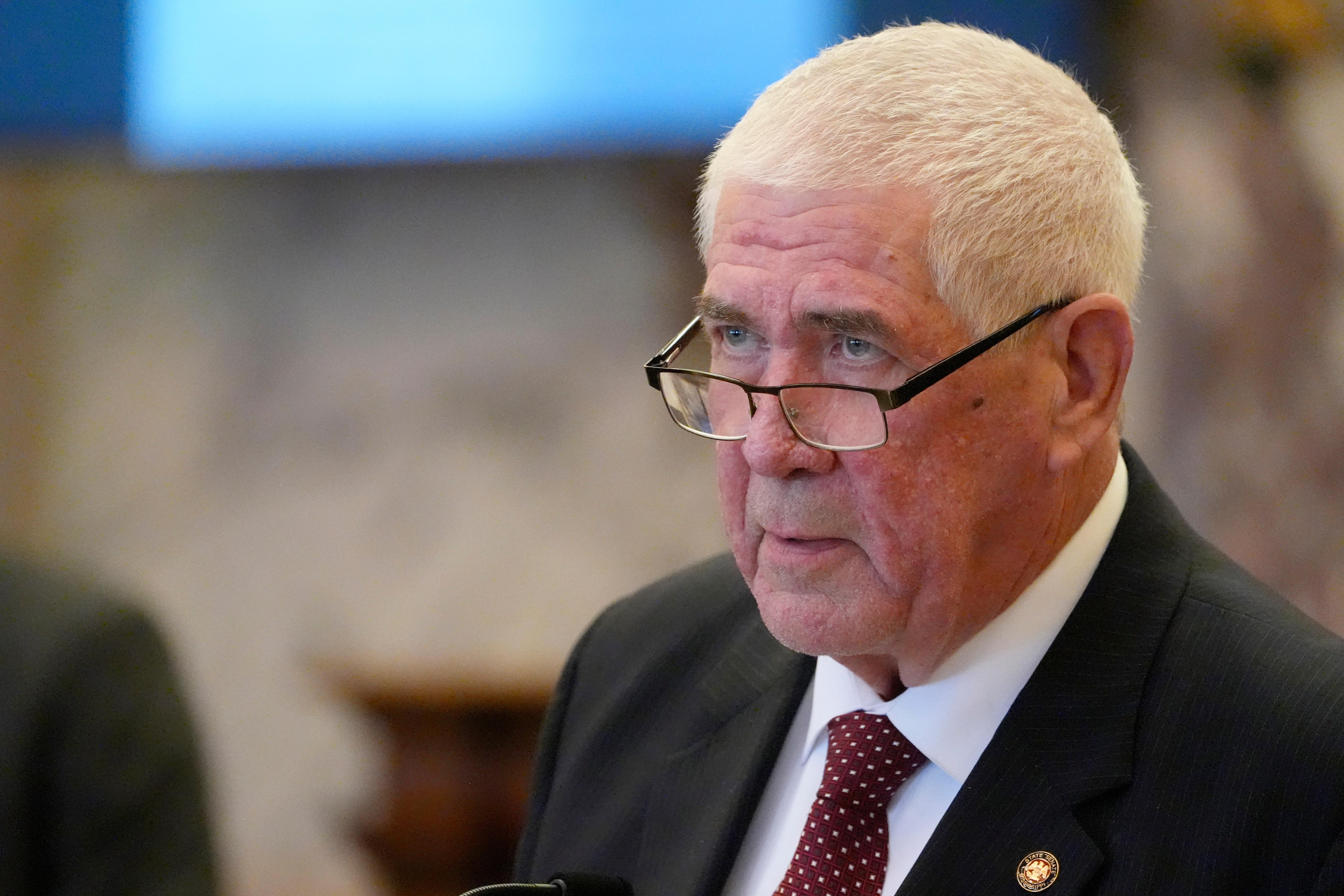The Mississippi Senate’s Medicaid expansion bill died on Thursday, but lawmakers are far from finished with the issue.
Senate allows its Medicaid expansion bill to die, plans to insert plan into House bill


The Mississippi Senate’s Medicaid expansion bill died on Thursday, but lawmakers are far from finished with the issue.

Will Stribling
Senate allows its Medicaid expansion bill to die, plans to insert plan into House bill
Chairman of the Senate Medicaid Committee, Kevin Blackwell, R-Southaven, said he plans to insert the Senate’s plan into the expansion bill the House passed in February.
“I think you'll see our bill would be a lot more conservative than what the House put out,” Blackwell said.
The expansion bill Blackwell allowed to die on Thursday’s deadline for passing bills in each chamber was just a “dummy bill” that only contained the relevant code sections.
Blackwell has not revealed any details on how the Senate plan, other than it will include a work requirement, an element Blackwell says is non-negotiable for his chamber. The House plan includes a work requirement, but enacts expansion without it if the state's work waiver request does not receive federal approval.
Implementing that work requirement would require approval from the Centers for Medicare and Medicaid Services, which is unlikely. In 2021, the Biden administration revoked the waivers that allowed 13 states to impose work requirements on some Medicaid recipients.
Physicians from across the state gathered at the Capitol on Thursday to urge lawmakers to pass Medicaid expansion. Dr. Dan Jones, former chancellor of the University of Mississippi, was among those physicians, and decried including work requirements in any expansion bill.
“It's time for us to move past political tricks and do something that really is going to help people,” Jones said. If a bill is eventually passed that won't be enacted unless the federal government approves a work requirement, it's the same as not passing a bill.”
Studies have shown that expanding Medicaid would provide health insurance to over 200,000 Mississippians, create thousands of jobs and boost the state's economy. Federal funds cover 90% of expansion costs and Congress included an additional financial incentive for the ten remaining non-expansion states in the American Rescue Plan Act. That provision would bring over $600 million in additional federal funds into the state over the first two years of expansion.
Dion Kevin, a fourth year medical student at the University of Mississippi Medical Center, said that Mississippi’s shortage of healthcare workers is in part to lawmakers' refusal to enact policies like Medicaid expansion that would improve public health.
"This isn't an aberration,” Kevin said. “This is because public servants are sending a message that a healthy state is not important to them. That the time and energy and the financial investment that we put into health care is defenseless against a system that doesn't value the health care of its citizens.”
Mississippi Today’s Taylor Vance reported that Gov. Tate Reeves met with a group of state senators in early March and told them he will veto any Medicaid expansion bill that reaches his desk. A three-fifths majority vote in each chamber would be required to override the governor’s veto.
The Senate has until April 2 to advance the House bill out of committee.